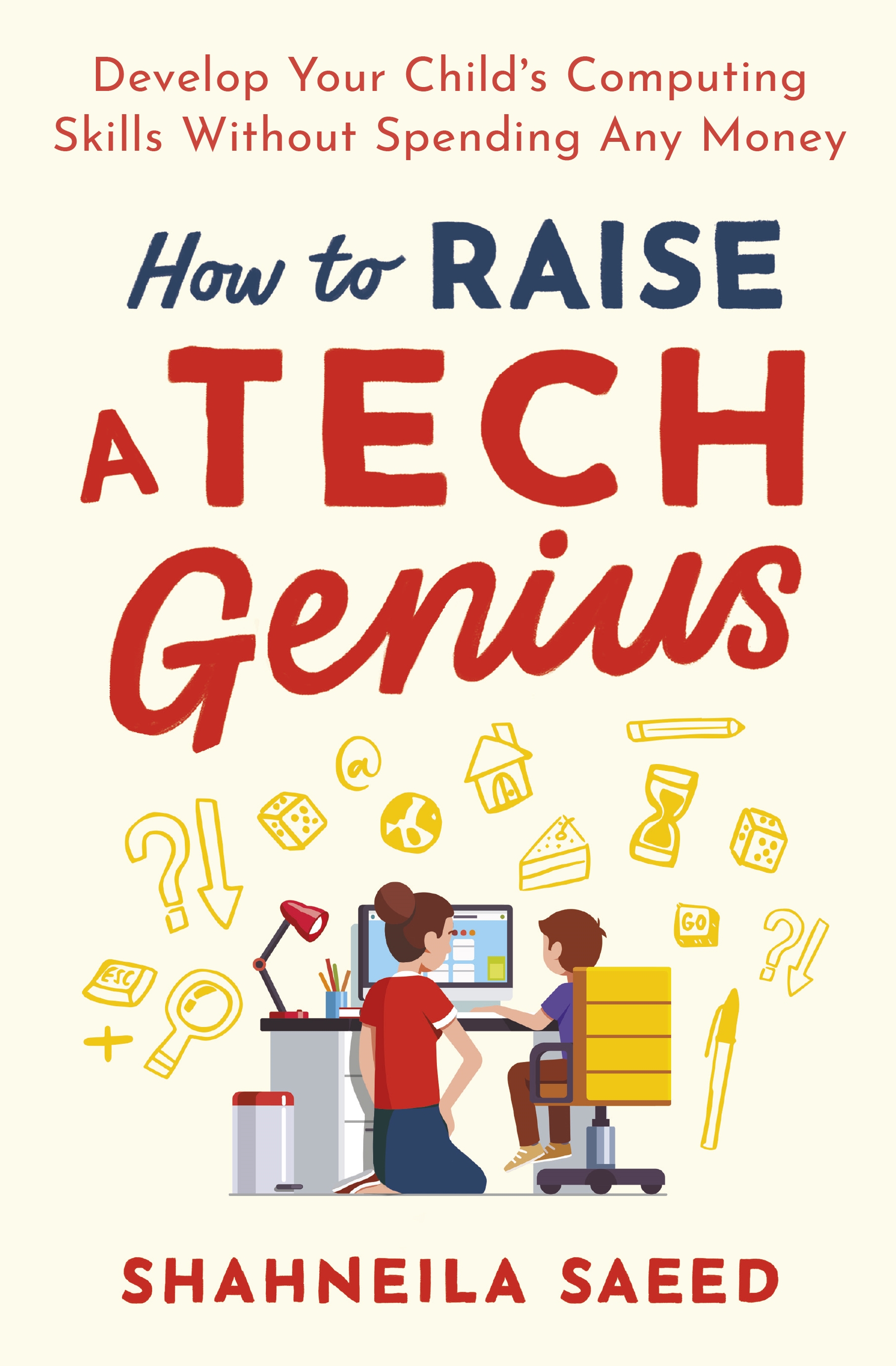

Of course people did also write unfavorably about us, mostly in Eastern Europe. Around 40,000 favorable articles appeared about us. We were the Hungarian miracle, the three sisters, the world- famous children. We were amazed and at the same time delighted to learn that we were those Polgars. The first reaction at the end of the 80 s was most often, The Polgar sisters chess and the Olympic Games in Seoul How did you live with this unusual popularity? It also happened for us, that people in the West did not know who we were, and then people started talking about The Polgars and Erno Rubik. 6:3, and the door for communication closed. Livy If, in the 50 s or 60 s, anywhere in Western Europe one said, I am Hungarian, the first reaction from those around was probably, Hungarian? Then Puskás, football. Proverb The truth is very often persecuted, but never suppressed. the Polgar family If I am not for me - who is then for me but if I am only for me - why do I live? - The Talmud No one is a prophet in his own town. I wish you successful child-raising! Budapest, 2004Ĥ Raise a Genius! - 3 I. We wish merely to elucidate them and endeavor by this to elevate them to a theory.

Our experiment, our program, and our way of life has been repeated independently many times throughout the course of history (consider primarily the childhood stage of a genius s life). A large number of geniuses are lost because they themselves never learn what they are capable of. Parents and society are responsible for the development of the children s capabilities.

Prodigies are not miracles, but natural phenomena indeed they must be formed as natural phenomena. Let us not fear to raise our children with optimism and courage (without begrudging the material expense!). A genius is a collective creation who becomes a communal treasure. In my conception, education is good for the individual and desirable and useful for society. They wish to raise them as fulfilled, creative, and happy people, as they themselves are. Now they are practicing their professions and raising their own children. I can only pass on my pedagogical system, and guide everyone along the road that I followed, confident that it is possible and worthwhile to raise geniuses, for they can and indeed have become happy people. I urge no one, I encourage no one, everyone must decide for themselves what they wish to do. I wish to demonstrate that it is possible. I do not wish to exhort anyone to raise a genius. I do not present a prescription, merely a point of view. Klara Polgar: A thread goes where the needle pulls it In the minority Chief witness for genius education: the happy children Your life should be an ethical model 101 Biography of Laszlo Polgar 107 The Polgar Girls Latest Competition Results 108 Elo Ratings 109ģ Raise a Genius! - 2 Foreword Genius = Labor + Luck Happiness = Labor + Luck + Love + Freedom This book of mine appeared in Hungarian in In it I described and summarized my psychological and pedagogical experiments regarding my daughters and my 15-year educational experience. The Meaning of the Whole Thing The family as a value 77 An example from Mrs. Chess Why chess? How did the Polgar sisters learn to play chess? How do we get our children to like chess? Chess in psychology, psychology in chess On the emancipation of women 69 IV. Education is Also Possible This Way Contemporary Schools Every child is a promise Genius: treasure or burden? Should children be made outstanding? Esperanto: The first stage of foreign language learning 39 III. the Polgar family 3 2.The tipping point: heredity or education, giving or receiving? 7 II. Mysteries of Pedagogical Experiments 3 1. vĢ Raise a Genius! - 1 Table of Contents Foreword 2 I. Publication or sale in any form is forbidden. Permission is granted to make a single electronic copy of this work for individual personal use. 1 Raise a Genius! By Laszlo Polgar Original Edition: Laszlo Polgar: Nevelj zsenit! Budapest, 1989 Interviewer: Endre Farkas Esperanto translation by Jozefo Horvath Budapest, 2004 Translated from Esperanto by Gordon Tisher Vancouver, 2017 Copyright 2017 Gordon Tisher.


 0 kommentar(er)
0 kommentar(er)
